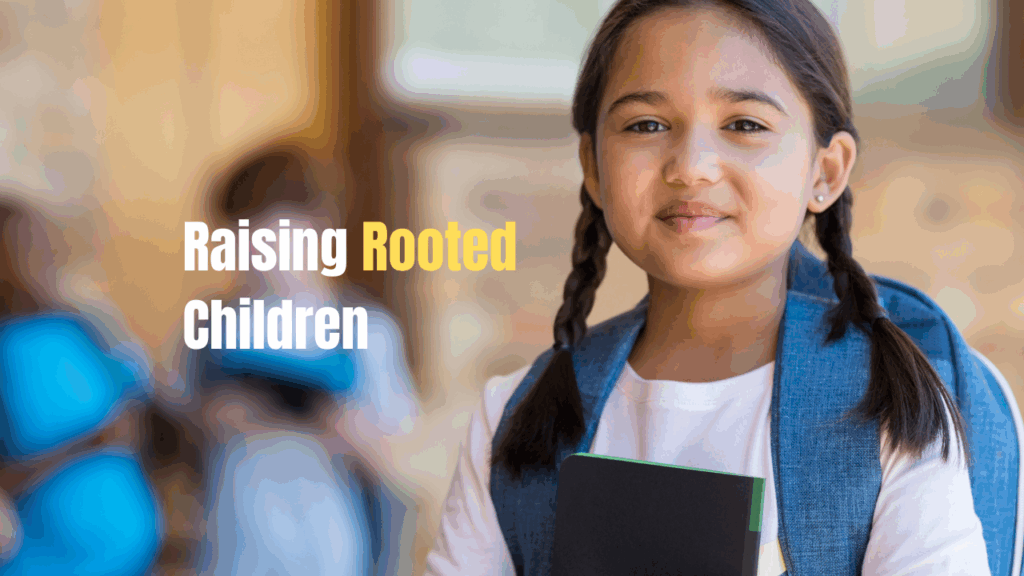Breastfeeding and its protective role against breast cancer

Dr. Karishma Kirti
Consultant Breast Specialist and Oncoplastic Surgeon
Breast feeding and prevention of breast cancer
Several biological mechanisms contribute to the protective effect of breastfeeding against breast cancer. Notably, breastfeeding leads to hormonal modulation by suppressing ovulation, thereby reducing the number of menstrual cycles and cumulative lifetime exposure to estrogen—a hormone known to influence breast cancer development.
Furthermore, lactation induces structural and functional changes in breast tissue. These changes facilitate the shedding of breast cells, a process that may help eliminate cells with DNA damage or potential malignancy. Additionally, the differentiation of breast cells stimulated by milk production renders them less vulnerable to cancerous changes.
Robust evidence underscores the inverse relationship between breastfeeding duration and breast cancer risk. A pivotal analysis published in The Lancet in 2002 synthesized data from 47 epidemiological studies encompassing 30 countries. The study concluded that for every 12 months a woman breastfeeds, her risk of breast cancer decreases by approximately 4.3%. Importantly, this protective benefit transcends geographic and socioeconomic boundaries.
Further research by the American Institute for Cancer Research affirms these findings, demonstrating that both premenopausal and postmenopausal women gain protective advantages from breastfeeding. Prolonged breastfeeding, especially beyond the six-month duration advocated by international health bodies, is associated with even more substantial reductions in breast cancer risk.
Beyond its role in cancer prevention, breastfeeding offers a myriad of health benefits. For mothers, it reduces the risk of ovarian cancer and postpartum depression and facilitates postpartum recovery. Infants who are breastfed receive optimal nutrition, enhanced immune protection, and a lowered risk of developing obesity and type 2 diabetes later in life. Breastfeeding also fosters a deep emotional bond between mother and infant, contributing to psychological well-being and reinforcing the interconnected nature of maternal and child health.
Despite its proven benefits, many women encounter obstacles that hinder exclusive and sustained breastfeeding. These challenges include insufficient workplace accommodations, limited maternity leave, and persistent cultural stigmas. Addressing these barriers necessitates concerted efforts to implement supportive policies, raise public awareness, and cultivate environments conducive to breastfeeding.
Breastfeeding is a vital, evidence-based strategy for reducing breast cancer risk, with far-reaching benefits for maternal and child health. By disseminating knowledge about its protective mechanisms and overcoming societal challenges, we can empower women to embrace breastfeeding as a proactive health measure. Such efforts will not only enhance individual well-being but also contribute to public health at large.



